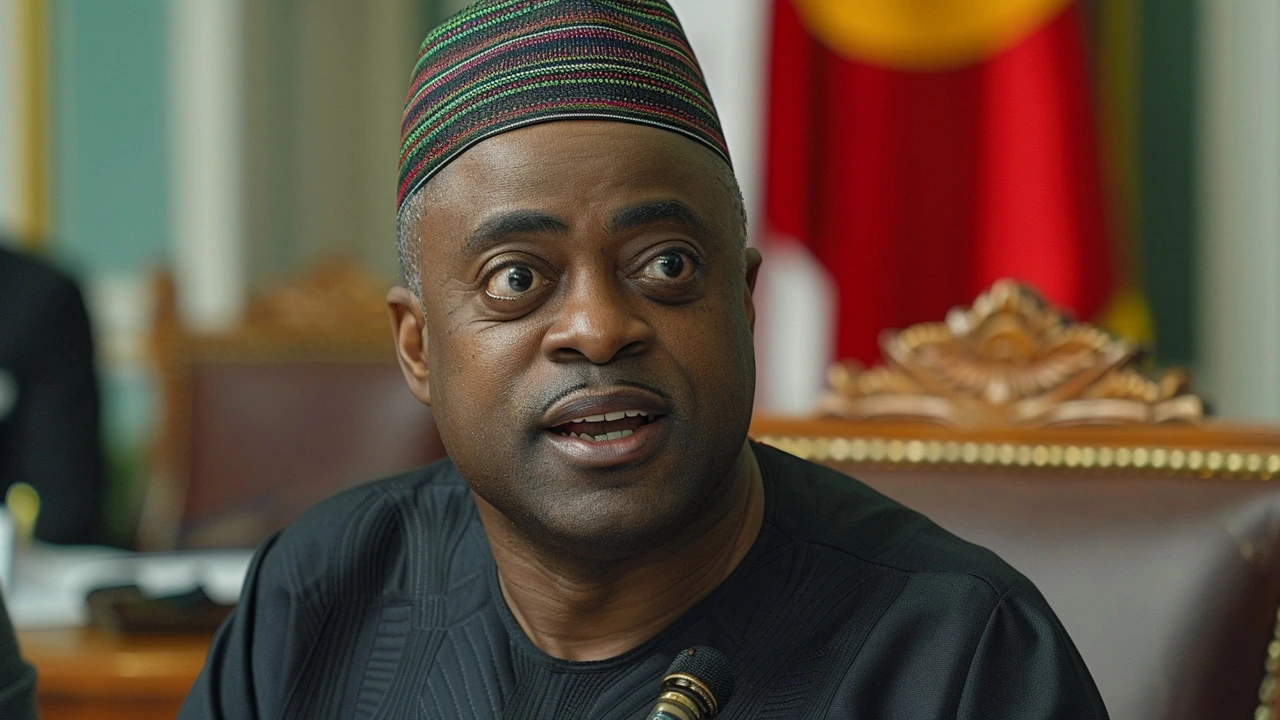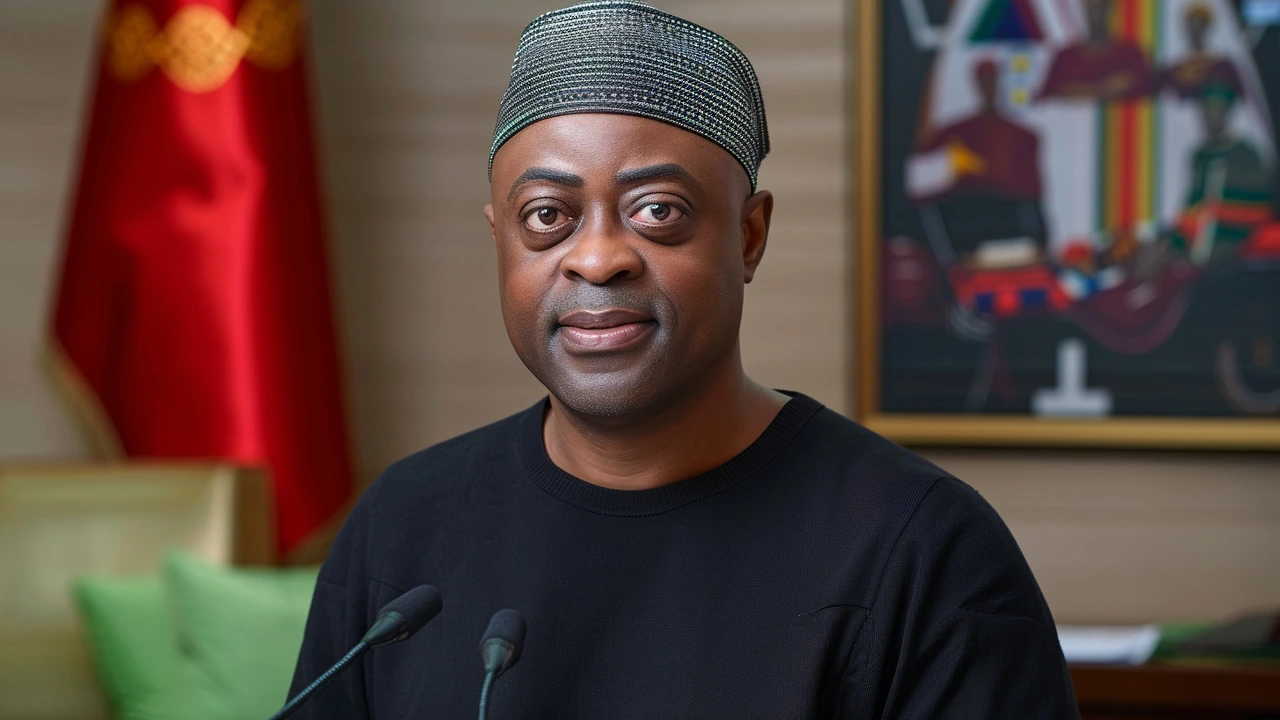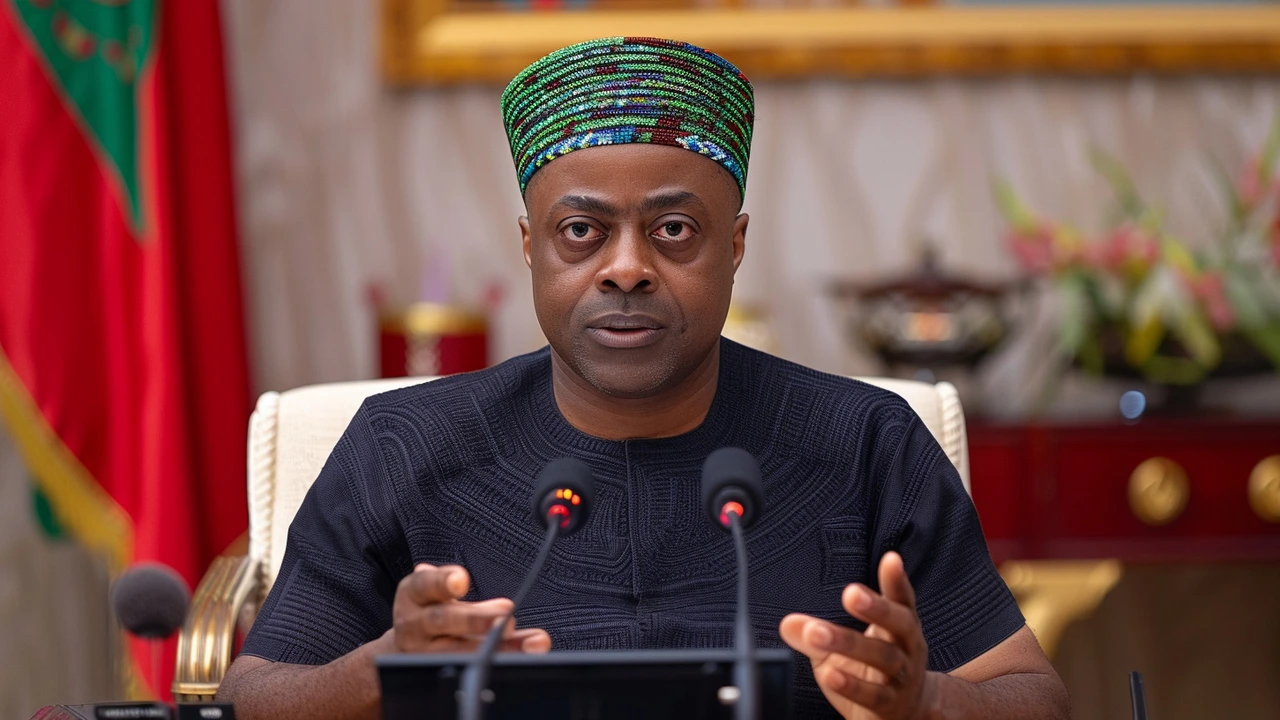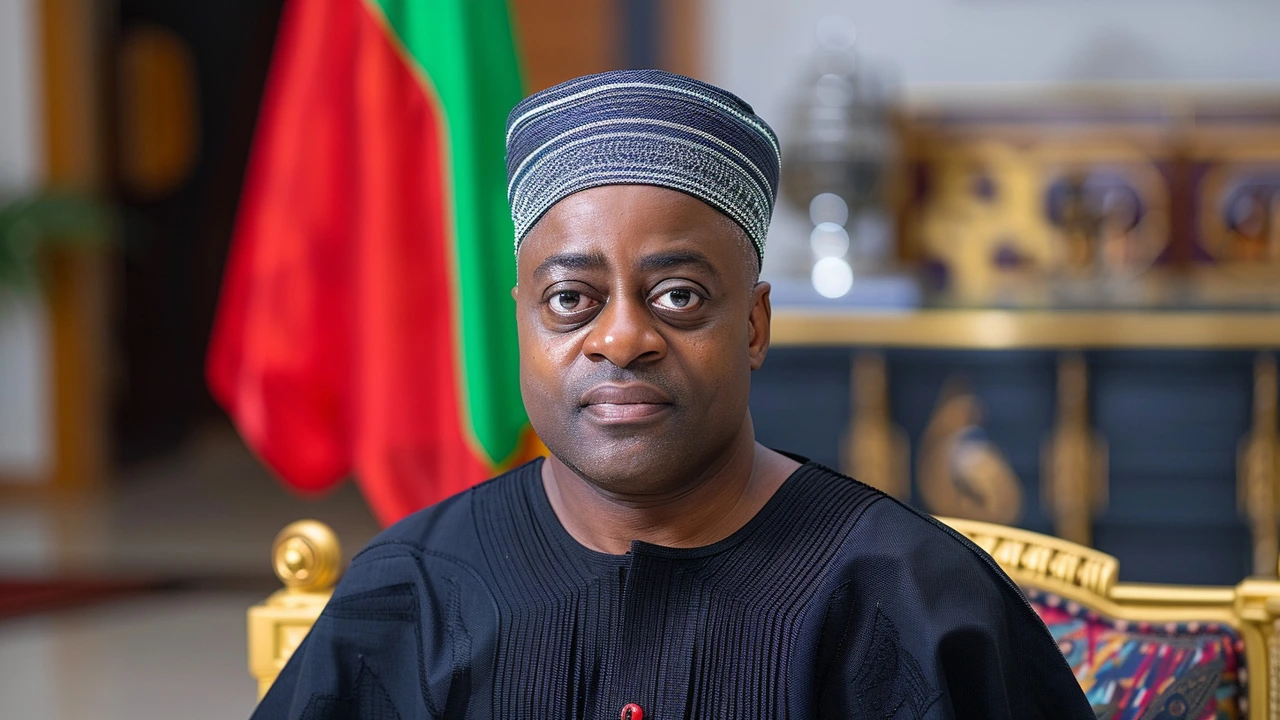Muslim Rights Group Warns Soun of Ogbomoso Against Provoking Religious Tensions

Muslim Rights Concern Sounds Alarm Over Controversial Query
The Muslim Rights Concern (MURIC) has issued a strong warning to the Soun of Ogbomoso, Oba Afolabi Ghandi Olaoye, cautioning him against actions that could potentially set Ogbomoso ablaze with religious tensions. The warning arises from a query directed at the Chief Imam of Ogbomoso, Sheikh Dr. Taliat Yunus Olusina Ayilara, for not notifying the Soun before embarking on his recent Hajj pilgrimage to Saudi Arabia. The query, dated June 10, 2024, and bearing the signature of the Palace Secretary Toyin Ajamu on behalf of Oba Ghandi Olatoye Orumogege III, has sparked a heated debate on the limits of religious freedom and the role of traditional rulers.
The crux of the controversy lies in the demand for the Chief Imam to return to Ogbomoso immediately to rectify what the palace perceives as a breach of his oath of office and undertakings. This demand has been met with outrage from MURIC, whose Founder and Executive Director, Professor Ishaq Akintola, described the query as both in bad taste and bad faith. According to Akintola, such a query constitutes a blatant infringement on the Chief Imam's fundamental human rights and freedom of worship, as explicitly guaranteed by Section 38(i) & (ii) of the 1999 Constitution of the Federal Republic of Nigeria.

Religious Freedom Under Siege?
Akintola's statement underscores a broader concern about the implications of the query for religious freedoms in Nigeria. He argues that it portrays the Soun as a human king vying for precedence over the divine worship of Allah, which sets a dangerous precedent for the subordination of religious practices to the whims of traditional authority. The Hajj pilgrimage, being one of the five fundamental pillars of Islam enshrined in the Glorious Qur'an, is a deeply significant religious duty for Muslims, and any attempt to undermine this duty is seen as an affront to the entire Muslim community.
The Role of Traditional Rulers
The incident also brings to the fore the complex dynamics between religious and traditional authorities in Nigeria. Traditional rulers like the Soun of Ogbomoso hold significant sway and often serve as custodians of both cultural and spiritual values within their communities. However, their powers are not absolute and must be exercised within the bounds of respect for individual rights and freedoms. The query issued to the Chief Imam, in this context, raises questions about the extent to which traditional rulers can exert control over religious leaders and practices.
A Controversial Undertaking
MURIC further expressed concerns over an undertaking signed by the Chief Imam prior to his installation in 2021. The organization believes that this undertaking, which appears to place restrictions on the Chief Imam in his exercise of religious duties, resulted from a lack of mutual understanding and respect between the palace and the Muslim community. The existence of such an undertaking is troubling, as it suggests an attempt to curtail the Chief Imam's autonomy in matters of religious significance.

Calls for Informed Dialogue
In light of these developments, MURIC is calling for an informed and respectful dialogue between the Soun and the Muslim community in Ogbomoso. The organization stresses that mutual understanding and respect are essential for maintaining peace and harmony in a diverse society. According to Akintola, any attempt to impose restrictions on religious practices or to prioritize traditional authority over religious duties is bound to generate conflict and unrest.
The Way Forward
To avoid further escalation of tensions, MURIC recommends a review of the terms of the undertaking signed by the Chief Imam and a reconsideration of the query issued by the Soun. The organization argues that such measures are necessary to protect the fundamental rights of religious leaders and to ensure that traditional authorities act within the limits of respect for these rights. It also calls on the government and other stakeholders to intervene and facilitate a resolution that upholds the principles of religious freedom and mutual respect.

The Bigger Picture
The controversy in Ogbomoso is a microcosm of broader issues affecting the relationship between religion and traditional authority in Nigeria. As a multi-religious and multi-ethnic nation, Nigeria faces the ongoing challenge of balancing the rights and responsibilities of various groups. Incidents like this highlight the need for a nuanced approach that respects both the cultural heritage embodied by traditional rulers and the religious freedoms guaranteed by the constitution.
Ultimately, the way forward lies in fostering a culture of dialogue and mutual respect. Traditional rulers, religious leaders, and the government must work together to create an environment where all individuals can freely exercise their rights without fear of retribution or interference. Only through such collaborative efforts can Nigeria achieve lasting peace and unity in its diverse society.